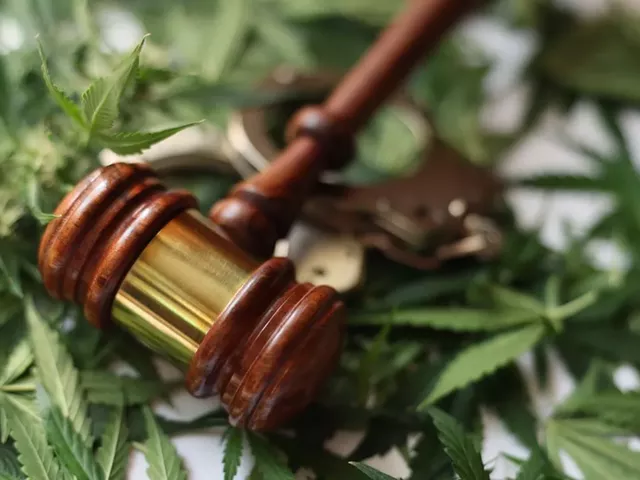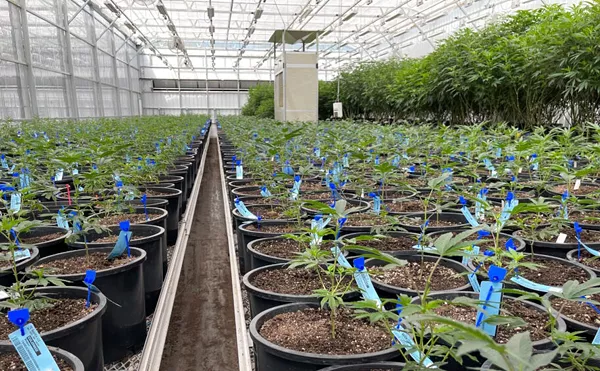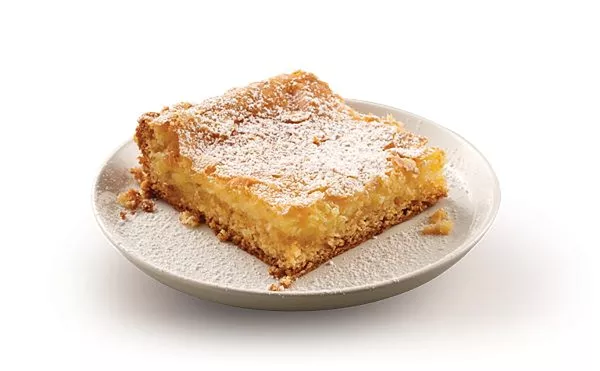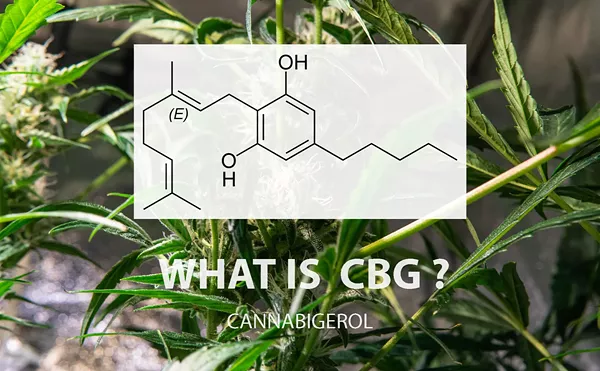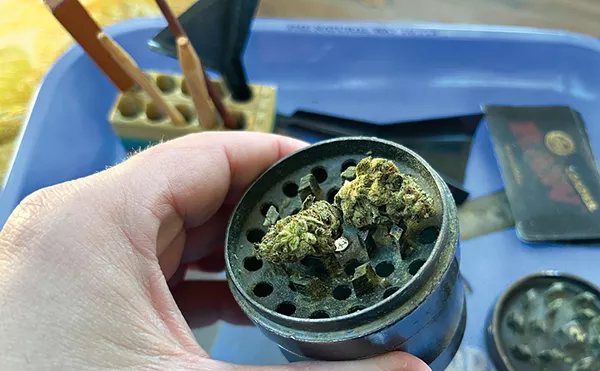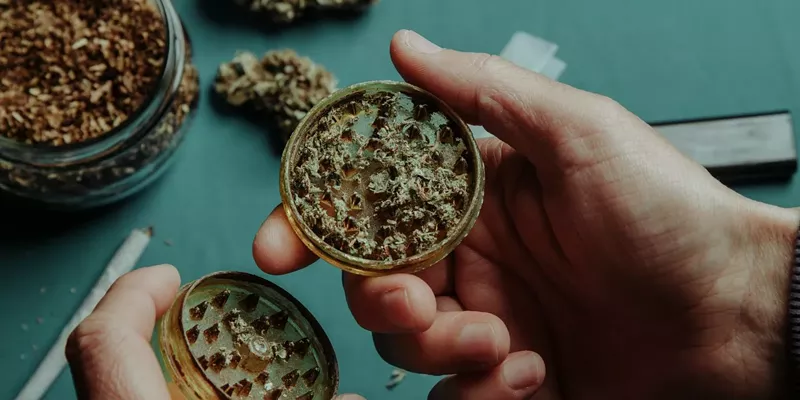
Delta 9, delta 8, and even THCA are pretty commonplace in the cannabinoid supplement market and have been for many years. Because the Farm Bill only puts a legal limit on delta 9 THC in hemp products, THC homologs like these offer a legal loophole for the psychedelic cannabis experience.
THCP, aka tetrahydrocannabiphorol or THC-P, is one of the newest THC homologs to gain traction in the US hemp product market. It was discovered in 2019 by Italian scientists studying a medical strain of cannabis procured by the Military Chemical Pharmaceutical Institute in Florence. In fact, they identified THCP accidentally while examining the cannabinoids in this particular strain.
Their research found that THCP has an advanced binding mechanism with endocannabinoid receptors, even more so than delta 9. In layman’s terms, THCP locks onto receptors better, meaning more of it gets synthesized by the endocannabinoid system.
Specifically, THCP exhibited 33 times stronger binding with CB1 receptors than delta 9. In the brain and nervous system, THC binds to these receptors to regulate sleep, appetite, and mood.
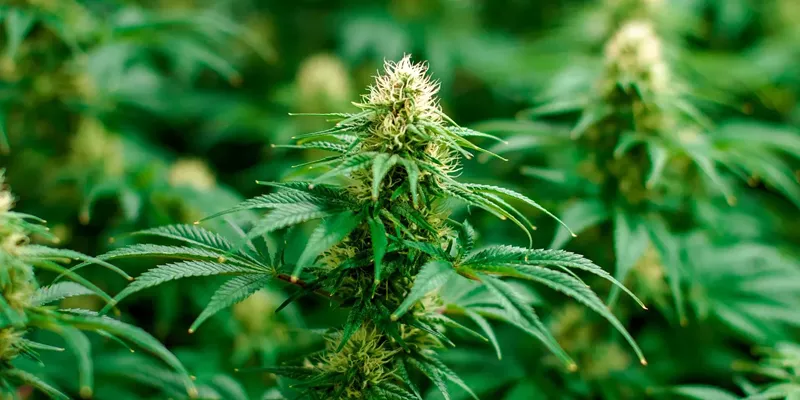
And THCP’s natural place in the THC molecular family tree precludes it as a psychoactive compound.
The CB1 receptor acts as a gateway to THC’s psychoactive effects. It therefore stands to reason that if THCP binds 33x better with this receptor, THCP may give users a more psychedelic experience than delta 9.
But this assumption isn’t exactly correct. Just because THCP’s binding action is stronger doesn’t mean you’ll get 33x higher if you use it. The endocannabinoid system gets overloaded when there’s too much of any one given cannabinoid, and when it does, the output of the effects will get reduced.
That said, the Italian scientists acknowledged that THCP does have the potential to be highly psychoactive, possibly responsible for much of the psychotropic properties historically associated with delta 9:
It is also important to point out that there exists an astonishing variability of subject response to a cannabis-based therapy even with an equal Δ9-THC dose. It is, therefore, possible that the psychotropic effects are due to other extremely active phytocannabinoids such as Δ9-THCP. However, up to now, nobody has ever searched for this potent phytocannabinoid in medicinal cannabis varieties. Citti et al
Now, many marketers in the cannabinoid space deem THCP stronger than delta 9, insinuating a more psychedelic experience is possible. Brands are in overdrive, making vapes, tinctures, gummies, and more, with THCP as the star of the lineup.
Because products with less than 0.3% delta 9 THC by dry weight are federally legal, THCP can, by and large, be sold and distributed nationwide, except in states like Idaho, where hemp products are restricted.
The therapeutic potential of THCP is exciting, but at present, there is zero clinical research on how THCP affects humans, which means we don’t yet know the extent of its psychedelic secrets.
I personally reviewed dozens of verified THCP product reviews wherein users claim the psychoactive intensity is equal to or greater than that of delta 9.
But we have a long way to go before professionals like homeopaths start to recommend THCP for pain relief and other ailments. Until then, like CBD in its infancy, word of mouth, i.e., anecdotal evidence, will provide the only points of reference.


